The bachelor degree of Chemical and Process Engineering is designed to provide sound undergraduate education in applicable to chemical and process engineering related fields of engineering with an excellent technology base. They engender broad awareness of social, cultural, and ethical issues together with good understanding of the role of engineering in the community. To be awarded a bachelor degree, a student must successfully complete three semesters of common engineering before entering the Department. Nevertheless, students can choose from a common basket of elective courses offered by the Petroleum and Chemical Engineering Department.
To be awarded a bachelor degree in CHPE, a student must successfully complete 136 credits of University, College and Departmental Requirements as shown below in the table. Developed in consultation with industry, our Diploma and Bachelor of Engineering in Process Engineering programmes will enable you to apply your knowledge and skills to real-world challenges. Combining exceptional facilities with teaching from research-active academics, this programme will prepare you to become a successful professional, able to address technological and societal challenges as well as capable of undertaking both life-long learning and further advanced studies.
Besides the core content of process engineering such as design and development of unit processes, chemical plants and process automation, the programme includes control engineering, economics, environmental aspects as well as industrial safety and ergonomics. A graduate might work as a field operator, technical/safety engineer or occupy a finance or management position. This is the third of a three-semester laboratory course sequence involving experiments covering the application of fundamental principles of process control as well as reaction engineering in chemical engineering operations. In the process control experiments, the students will practice on areas such as level, flow, pressure and temperature control and instrumentations.
Additionally, in the reaction engineering experiments, the batch, continuous and tubular reactors will be covered. Experimental planning, automated data acquisition and report writing are stressed. This is the first of a three-semester laboratory course sequence involving experiments covering the application of fundamental principles of chemical and process engineering to thermodynamics, fluid flow, and heat transfer. Prof. Salma Al Kindy is currently the Dean of the College of Science, and a Professor of Analytical Chemistry.
She obtained her B.Sc in Chemistry from American University of Cairo, Egypt and PhD in Chemistry from Loughborough University, UK in 1987. She started her academic career in 1989 at SQU where she became the first female professor in the university's history, and the first Omani national with a doctorate to join the Department of Chemistry. Prof. Al-Kindy was awarded a Matsumae International Fellowship by the Matsumae International Foundation in 1996, where she spent time at the Department of Bio Analytical Chemistry in Tokyo University, Japan working on developing methods for the analysis of enantiomeric drugs. Prof. Al-Kindy research interest has been in developing analytical protocols for the monitoring of analytes in complex matrices.
Currently, she is developing methods to remove hazardous chemical byproducts from wastewater using Green Chemistry approach. In April 2010, Prof Al-Kindy became the first Omani national elected as a member of the prestigious World Academy of Science for Sustainable Development . Prof. Al-Kindy was Oman's recipient of the United States Department of State's award for outstanding female scientist in 2013 and has been inducted into the State Department's Middle East and North Africa Women in Science Hall of Fame. In 2014, Prof Al-Kindy was awarded a Medal by TWAS for her contribution to Science and she delivered a medal lecture during TWAS general meeting in Muscat last October.
She recently received a ''Lifetime achievement award in Chemistry'' by the Venus International Foundation , in recognition for her contribution, research excellence and accomplishments in the field of Chemistry. Furthermore, Prof. Al-Kindy has published more than 88 scientific papers in reputable scientific journals and has contributed to many international scientific conferences and seminars worldwide. She was recently invited to attend the General Assembly and Conference of OSWD where she gave a presentation on Research which was well received. Her recent paper was chosen as a cover page for Analytical Methods Journal published by Royal Society of Chemistry. Dr. Aamir Hussain Bhat is currently a visiting faculty at Department of Chemistry, Sultan Qaboos University, Muscat, Oman. He received his highest degree of Doctorate from Indian Institute of Technology-Kharagpur, which ranks among the prestigious institutes of India.
He has four years' Postdoctoral experience at Universiti Sains Malaysia and around 5 years of teaching experience in the capacity of Assistant Professor in Chemistry at Universiti Teknologi Petronas, Malaysia. Dr. Aamir was awarded Prime Minsterial Postdoctoral fellowship by the Ministry of Higher Education, Malaysia for his excellence in the field of research. Dr. Aamir has also worked on joint industrial project with PRSB based on "Synthesis and characterization of nanoparticles for Enhanced Oil Recovery". His research group includes 4 PhD and 2 MS Students and has mentored 13 finalyear undergraduate students.
He has served as an International/National examiner for many research dissertations. He is also member of various scientific chemical societies, prominent among them is American Nano Society. He has published 39 full-length research papers in highly reputed international scientific journals with a citation of more than 1350 and 23 Book chapters with highly reputed publishers. He is serving as a reviewer for several high impact ISI journals of Elsevier, Springer, Wiley, Taylor and Francis, Sage, etc. Two mandatory Industrial Training courses are also part of the College requirement.
In Training I, students get a 2-week in-house training in their third year, during the break between the fall and spring semesters . In the PCE Department, this training is in the form of laboratory projects that are conducted in the chemical engineering laboratories. Training II is planned in the summer after the students complete their fourth year. For a period of 8 weeks, the students receive training from a private company or government ministry related to their specialization.
A number of students receive their summer training abroad through collaboration agreements with international parties or through International Association for the Exchange of Students for Technical Experience . The student, supervised by the training organization, has to submit a report to his/her program at the end of the training period. The industrial training program is coordinated by the Assistant Dean for Industrial Training and Community Services.
The freshman year curriculum is identical for most engineering undergraduate degree programs. Undergraduate students are admitted to the College of Engineering with a preference for the major noted on their admissions application and follow the same first-year engineering curriculum. The entry-to-a-major process is designed for students to take ownership of their future to identify at least three majors that are a good match for their career goals and academic performance. An ability to apply knowledge, techniques, skills and modern tools of mathematics, science, engineering, and technology to solve broadly-defined engineering problems appropriate to process engineering. Process Engineers are found in almost all industrial plants, and they are responsible for the design, operation, control and optimization of the processes.
They examine how raw materials are converted into useable productions and how to improve the process. They are involved in many aspects of plant design and operation, including safety and hazard assessments, process design and analysis, control & instrumentations, chemical reactions, construction specifications and operating instructions. Production Chemistry is at the centre of Shell's oil and gas production business. Across the globe, our people can be found working within project teams in the development phase of new and exciting projects. They can also be found supporting well construction and surface production operations in one of our Operating Units, which also includes the management of chemistry laboratories.
This course introduces the principles of dynamic process modeling and control. Methods and techniques are developed for the analysis, design and simulation of automatic control systems for chemical process plants. Subject covers modeling the static and dynamic behavior of processes; principles of process instrumentation, control strategies; design of feedback, feedforward, and other control structures as well as performing stability analysis of control loops. From computer science to chemical engineering scholarships, we have a wide range of options for domestic engineering students.
At SQU, researcher will be a part of the largest civil and environmental engineering department in Oman and a vibrant research community. Researcher will have opportunity to interact with many faculty members and researchers working on air quality and environmental modeling across different academic departments and institutions. The lab-field-simulation work will offer excellent research and career-related resources for air pollution engineer. As a student at NU, you can choose from 15+ programs housed in 4 colleges, and benefit from a core curriculum designed to forge new and meaningful connections across the health sciences, foundation study, engineering and technology. Our students are tackling big issues and benefiting from a wide variety of support resources.
SQU supports higher education through providing scholarships to encourage students to join the high academic caliber to postgraduate programs. In addition, the University offers skills enhancement of courses and workshops to develop faculty and students' skills related to research, publishing, supervising and professionalism. It includes toxicology, industrial hygiene, source models, fires and explosions, relief systems, hazard identification, risk assessment, accident investigations, and process safety management. Students perform detailed design of the major equipment, process control, HSE studies, and economic analysis. This course aims at investigating the design and the implementation of industrial heat exchangers. It provides the background needed to understand and master the commercial software packages used by professional engineers for design and analysis of heat exchangers.
It also focuses on the types of heat exchangers most widely used by industry, namely shell-and-tube exchangers , air-cooled heat exchangers and double-pipe exchangers. It provides a substantial introduction to the design of heat exchanger networks using pinch technology, the most efficient strategy used to achieve optimal recovery of heat in industrial processes. Engineering Thermodynamics, Fluid Flow, Heat Transfer, Numerical Methods, Statistics for Engineers, Electrical Engineering Fundamentals, Engineering Economy Professional Practice and Management for PCE.
Preceding the Chem-E-Car Competition is the 10th Chemical Engineering Gathering. Taking place in the Exhibitions Hall at the Deanship of Student Affairs, the gathering will take place from March 15 to 18. The event is designed to provide an opportunity for the students to showcase their projects to the public, while at the same allow the University to display the true scope and diversity that exists within the chemical engineering field. The Department of Electrical and Computer Engineering at Texas A&M University offers a Bachelor of Science degree option to its undergraduate students desiring to major in electrical engineering.
And a PhD in Analytical Chemistry from King Fahd University of Petroleum and Minerals, Dhahran, Saudi Arabia. He was awarded a Science and Technology Agency Fellowship at the National Institute for Environmental Studies, Japan, in 1998. He joined the Department of Chemistry at Sultan Qaboos University in Sultanate of Oman, in 1999 where he is now Professor and Head of Department. His research interests include developing fluorescent probes for sensing, miniaturization and automation of analytical techniques, supramolecular chemistry, and molecular modeling. He has a teaching experience of more than twenty years in tertiary education. His publication record in international peer refereed journals exceed hundred papers with an H-index of 21.
Recently, he became a fellow of the Royal Society of Chemistry, RSC. He has been involved as a principal and co-principal investigator in many research projects and served as a reviewer to many high impact journals of well-known publishers such as the RSC, Elsevier, Wiley and others. An ability to design systems, components, or processes meeting specified needs for broadly-defined engineering problems appropriate to process engineering. We provide chemistry solutions, end to end across the major new projects delivery process and across oil and gas production systems from reservoir to refinery. Dr. Imran Khan is currently working an Assistant Professor in Department of Chemistry, Sultan Qaboos University, Muscat, Oman.
Earlier worked as Postdoctoral Fellow in the group named as Process and Product Applied Thermodynamics , in the associated laboratory CICECO (Center for Research in Ceramics & Composite Materials), Dept. of Chemistry, University of Aveiro, Portugal. Also, Dr Khan was the principal investigator of Exploratory Research and Development Projects, Funded by Fundaçãopara a Ciência e Tecnologia , Portugal on Development of a sustainable technology for the extraction and purification of chlorophylls from biomass in year 2014. His area of research interests includes solution chemistry, study thermophysical behavior of pure liquids and liquid mixtures with ionic liquids, surfactant and polymer. Dr. Khan worked as Visiting Scientist for three months in the Department of Chemistry, University of Delhi, India to study the effect of polymer on the Ionic liquid solution funded by FCT Portugal to expand the collaboration between India and Portugal. Previously, worked on the effect of filler on pressure sensitive adhesive as post-doctoral fellow at Universiti Sains Malaysia, Penang, Malaysia in the year 2011 to 2013 and published many research articles. Also worked in the department of Chemistry, Durban University of Technology, Durban, South Africa in the year 2010 in the area of solution chemistry.
Dr. Khan published more than 45 scientific papers in international peer reviewed journals and 16 book chapters, and has an h-index of 14. Dr Khan, also presented many scientific research papers in various International Conferences. Production Chemistry delivers expertise to all of Shell's major projects and plays a key role in optimising production from existing assets.
It is a broad and challenging discipline, providing unique input in areas ranging from sub-surface to surface operations and with key roles in production flow assurance and asset integrity, ensuring that produced oil and gas meets the sales contract specifications. Topics covered include global and local water resources, water quality and analysis, technical and economic analysis of major desalination processes such as multi-stage flash, reverse osmosis, multiple-effect distillation and electro dialysis. The objective of this course is to develop the laws of thermodynamics into working equations, and to cover the fundamental property relations, residual properties, vapor-liquid equilibrium of ideal and non-ideal systems and chemical reaction equilibrium in order to apply these concepts in the design of chemical process equipment. Undergraduate coursework An undergraduate degree, or bachelor's degree, is the first degree you obtain at university. Postgraduate coursework Open to all graduates with a bachelor's degree or, in some cases, equivalent work experience. Be effective in the design of engineering technology solutions and the practical application of engineering technology principles.
Acquiring the required fundamental technical skills, knowledge of mathematical and basic science concepts and practical experimental skills that are applicable in solving problems encountered during operation in process and manufacturing Industries. Being a part of such a prestigious university college was a major milestone in my life. The learning experiences that Caledonian College of Engineering provided were exceptional, as the practical and theoretical modules helped me to develop the understanding and foundations of my working career, and also supported me in my Master's studies in the United Kingdom.
Students perform raw material selection, process selection and flow sheeting, mass and energy balance, and plant location. This course offers an overview of engineering analysis and design techniques for synthetic polymers. It includes polymerization reactions, mechanical and viscoelastic characterization, deformation mechanisms, processing and polymer rheology. To find a scholarship that works for you, expand the relevant school and click on the scholarship title links. Alternatively, you can browse the full list of undergraduate scholarships for Faculty of Engineering students in the table below. The institution originally had five colleges, but there are now nine in total.
These include medicine, engineering, agriculture, education, science, arts, commerce and economics, law and nursing. The Chem-E-Car competition, which is to be held on March 15, will see participating students design small-scale car models that operate through environmentally friendly means, along with a poster outlining their research. The models will each be put on display prior to a dynamic performance highlighting the model car capabilities. During the competition, each participant must drive their car a fixed distance while towing up to 500 ML of water.
He also received the National Research Award in the research area Culture, Basic and Social Sciences, 5th October 2016, TRC, Oman. In May 2014 Dr. Al Lawati's student received Marlene DeLuca Award in the 18th international Symposium on Biochemiluminerscence and Chemiluminescence. Finally, Dr. Al Lawati was heading the department of Chemistry for three years from September 2014.
Pursue new knowledge and capabilities through continuing education, professional development or other lifelong learning experience. Acquiring the knowledge of equipment and instruments used in major process and manufacturing industries with direct "hands-on" skills. The design and construction of the campus was carried out with great attention to the fulfillment of these objectives, with the overall appearance of the buildings carefully planned to accommodate the physical, intellectual, and spiritual needs of students, faculty and staff. • Students already enrolled in a postgraduate program may apply for full scholarships if they have completed one semester but have not registered for the second . Joining AIChE gives you access to an amazing network of top professionals in chemical engineering and related fields. AIChE Engage connects AIChE members with each other and their chemical engineering communities.
This course covers kinetics of homogeneous and heterogeneous reactions, design of isothermal reactors such as Batch, CSTR and PFR. Other topics include data collection and handling; catalysis and catalytic reactions; non-isothermal reactor design; multiple reactions; and residence time distribution. In addition the students select 3 technical electives from the list of major electives provided in the degree plan.
I remember a story of a professor of chemistry writing a grant application for an organic compound steam extraction machine. Precise specs, temperatures, extract production rates, power requirements, programmable modes. Once granted, he bought the best coffee machine money can buy, covering all the requirements as described in the grant. Get our latest application tips and information on courses, scholarships, and upcoming events. Volkswagen Oman, represented in Oman by Wattayah Motors, will sponsor the 10th Chemical Engineering Gathering hosted by the Sultan Qaboos University from March 15 to 18. Volkswagen Oman will also sponsor the University's Chem-E-Car competition focusing on the development of environmentally-kind car models by the local students.









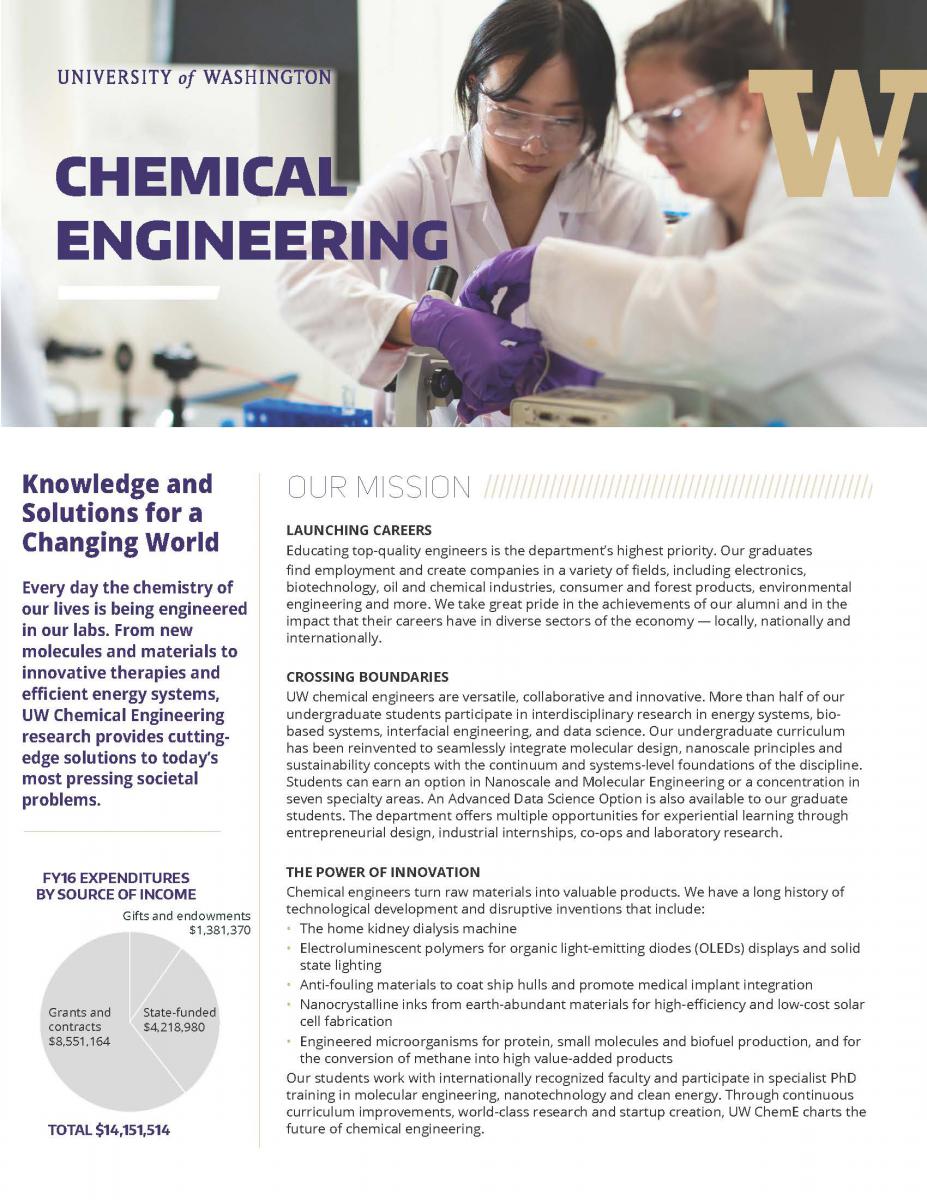





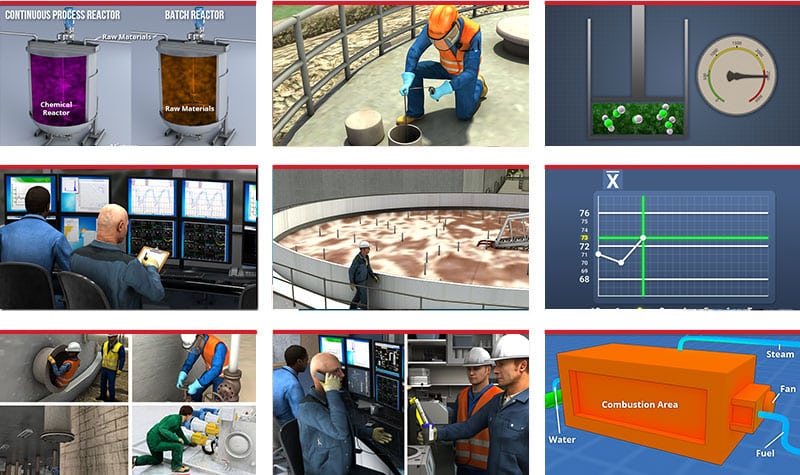

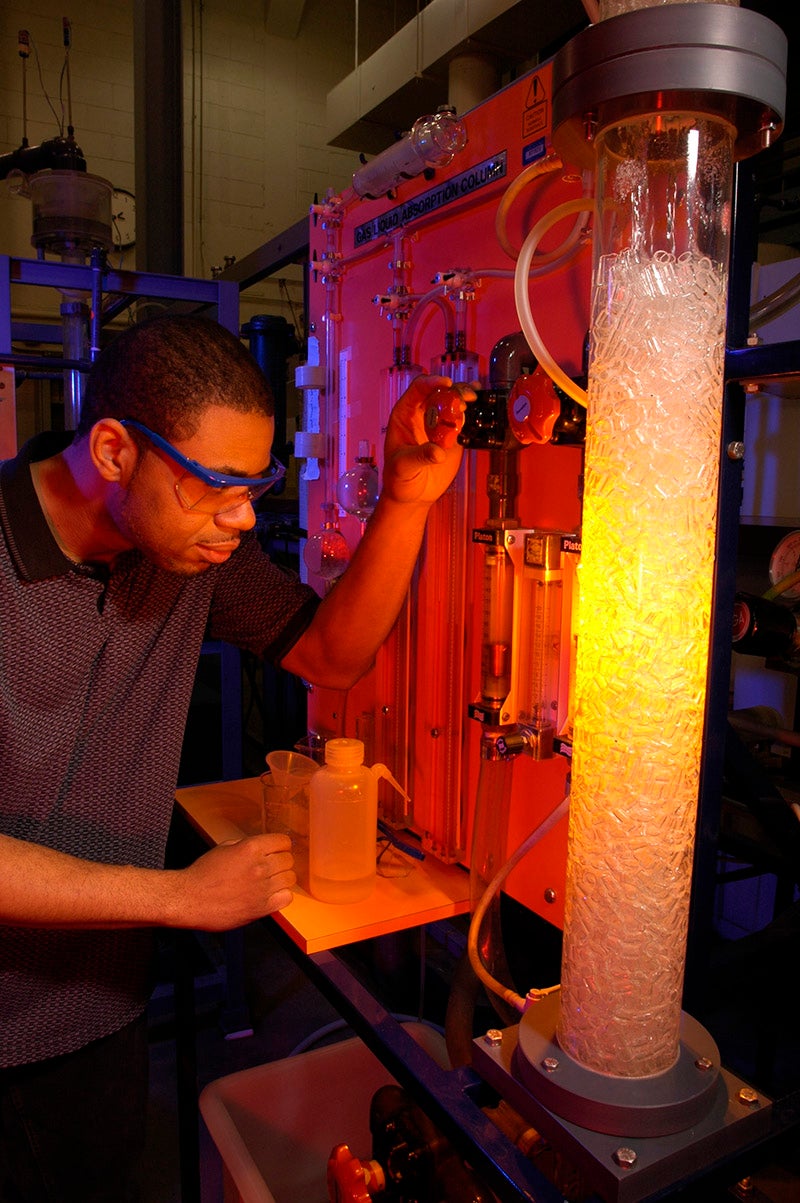

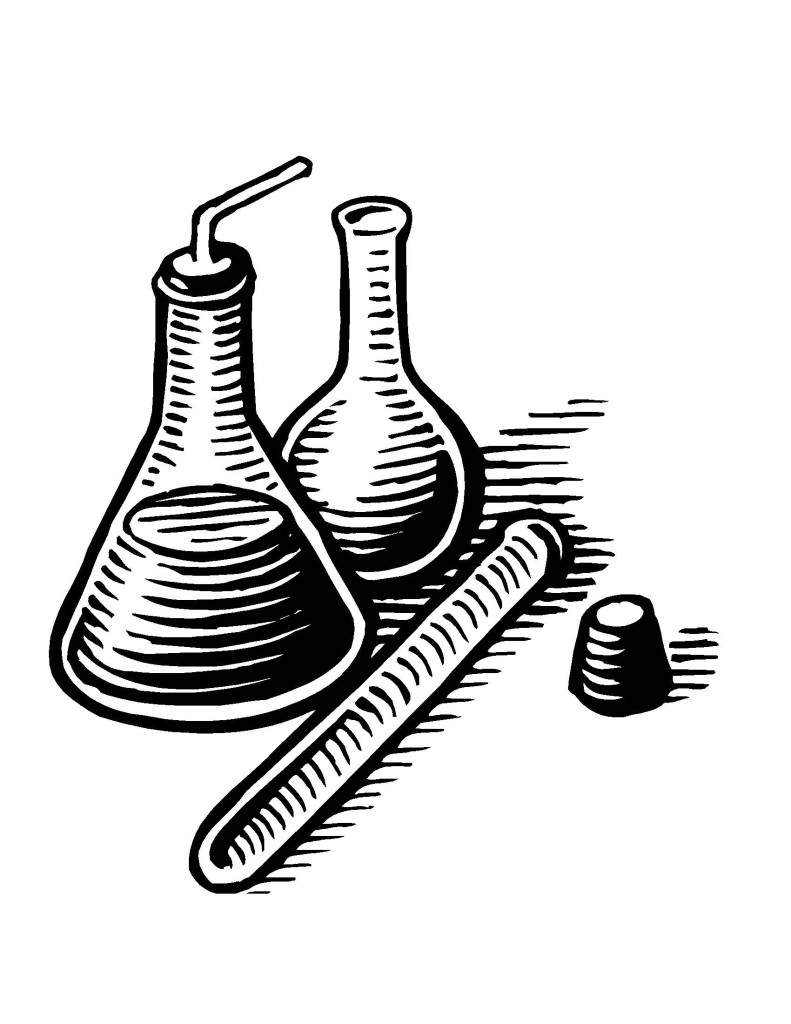

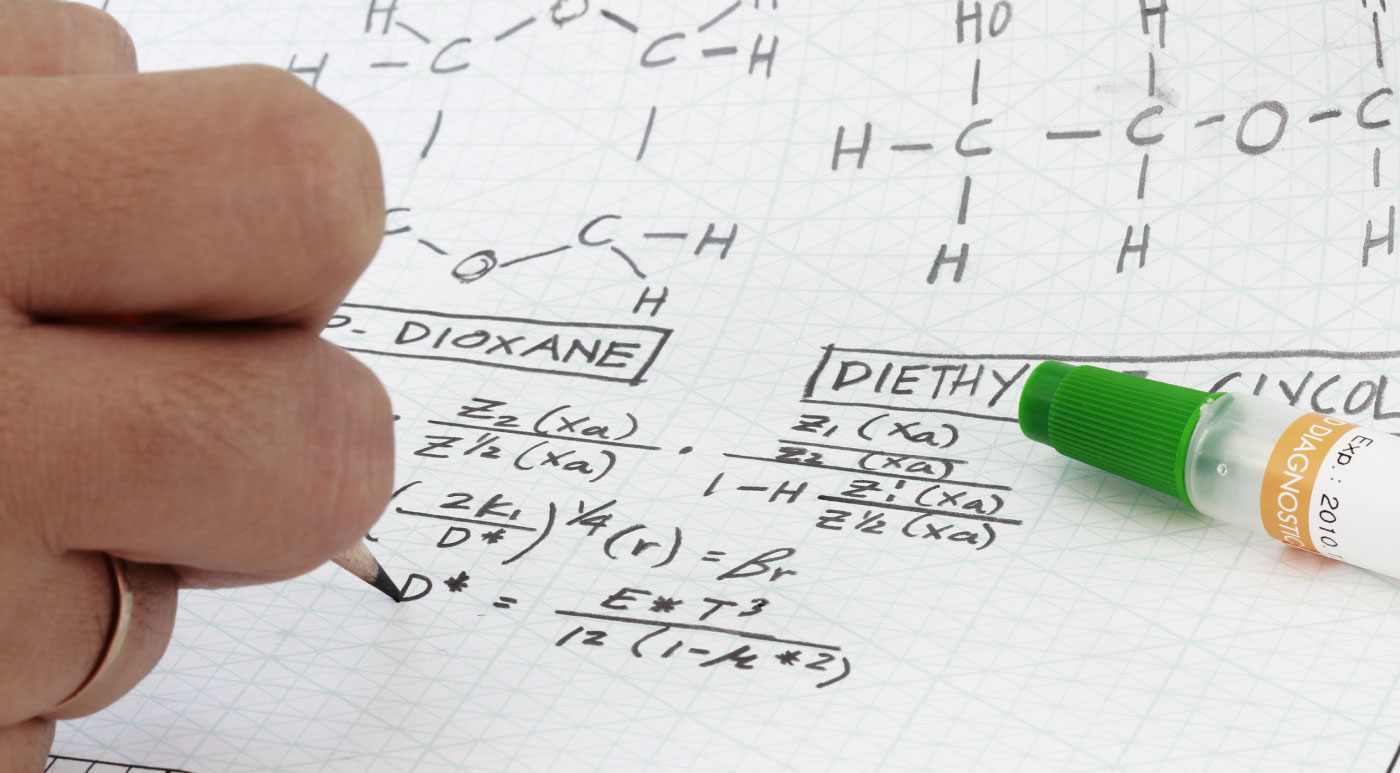
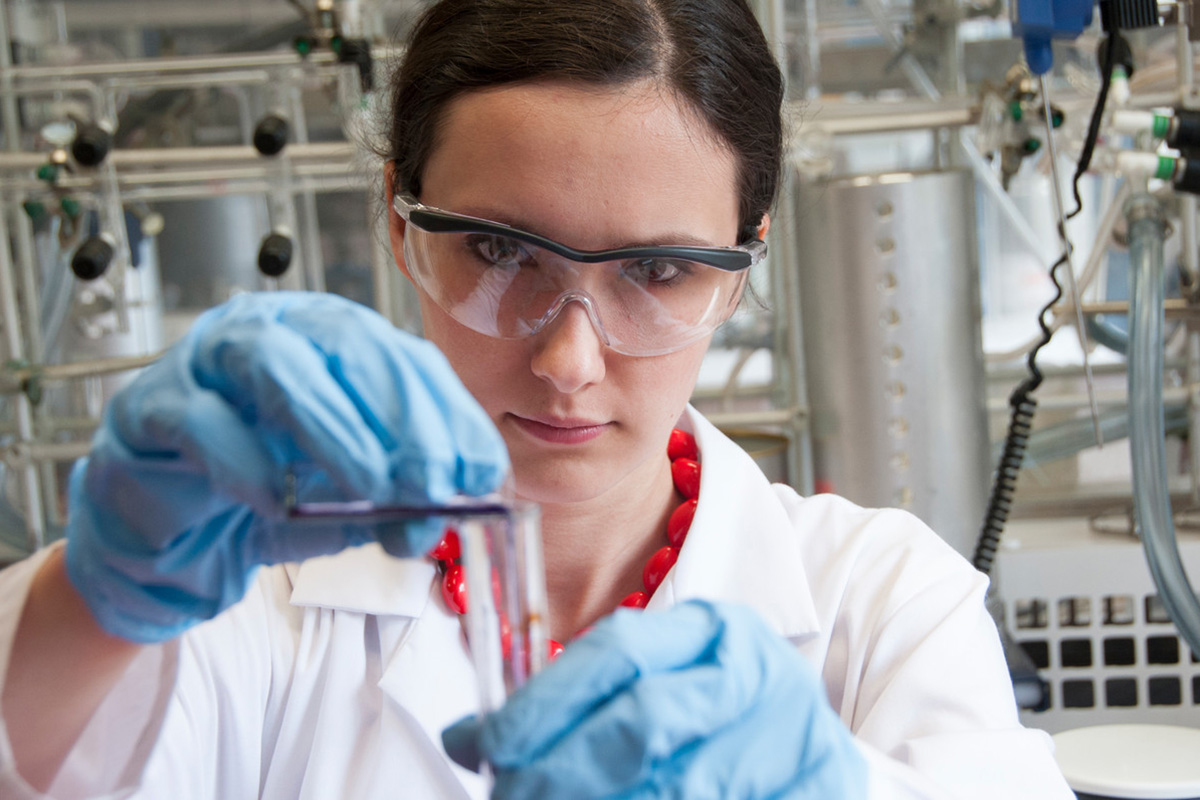

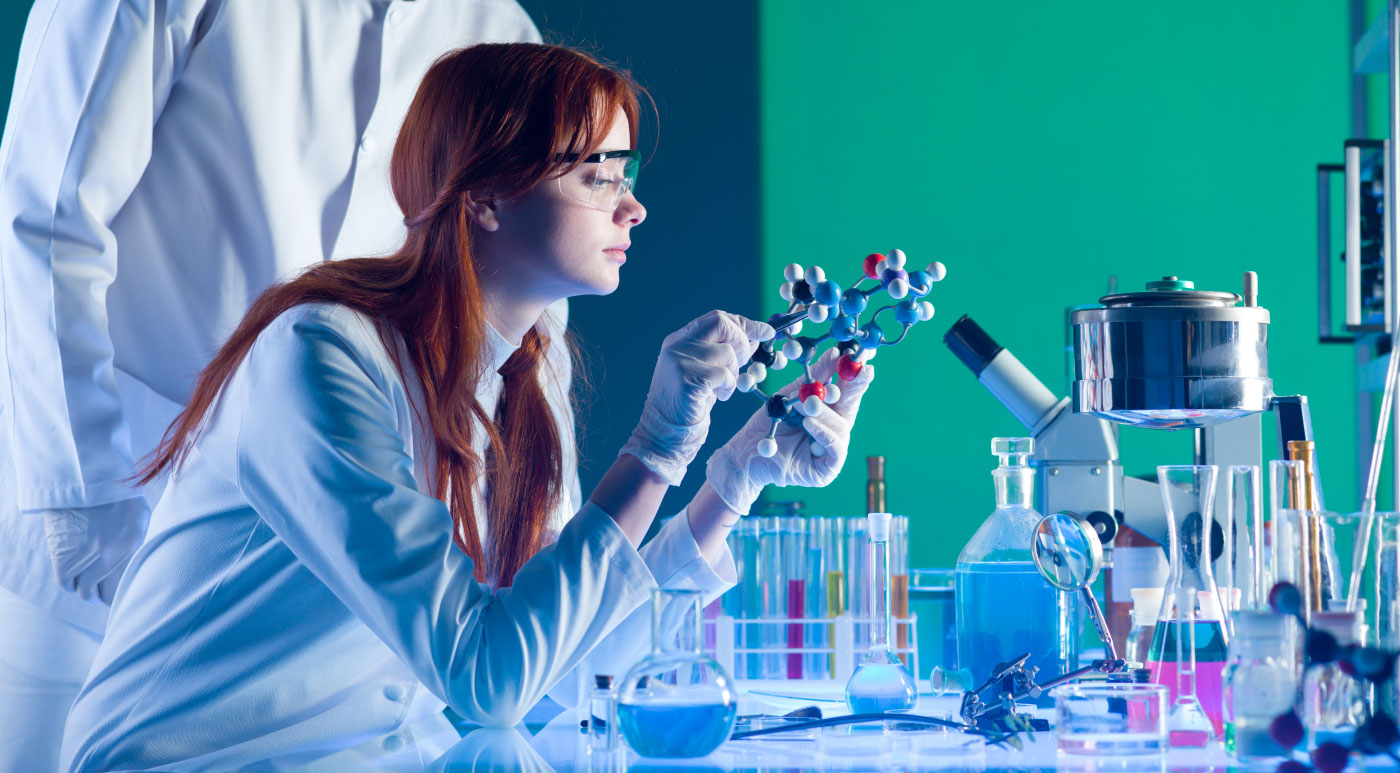


No comments:
Post a Comment
Note: Only a member of this blog may post a comment.